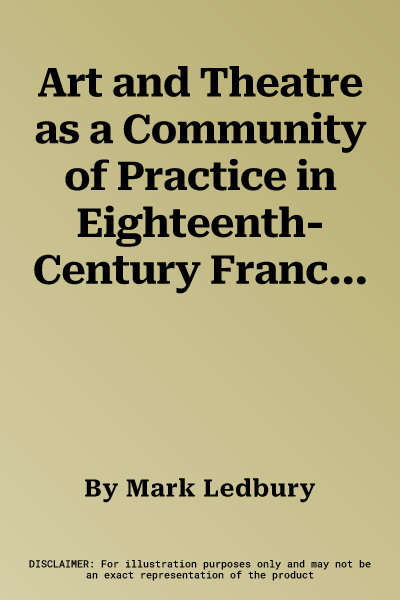Mark Ledbury
(Author)Art and Theatre as a Community of Practice in Eighteenth-Century FranceHardcover, 31 December 2023

Temporarily out of stock
Free Delivery
Cash on Delivery
15 Days
Free Returns
Secure Checkout

Part of Series
Anthem Studies in Theatre and Performance
Print Length
250 pages
Language
English
Publisher
Anthem Press
Date Published
31 Dec 2023
ISBN-10
178527421X
ISBN-13
9781785274213
Description
Product Details
Author:
Book Format:
Hardcover
Country of Origin:
US
Date Published:
31 December 2023
Dimensions:
22.91 x
15.29 x
2.59 cm
Genre:
French
ISBN-10:
178527421X
ISBN-13:
9781785274213
Language:
English
Location:
London
Pages:
250
Publisher:
Weight:
453.59 gm